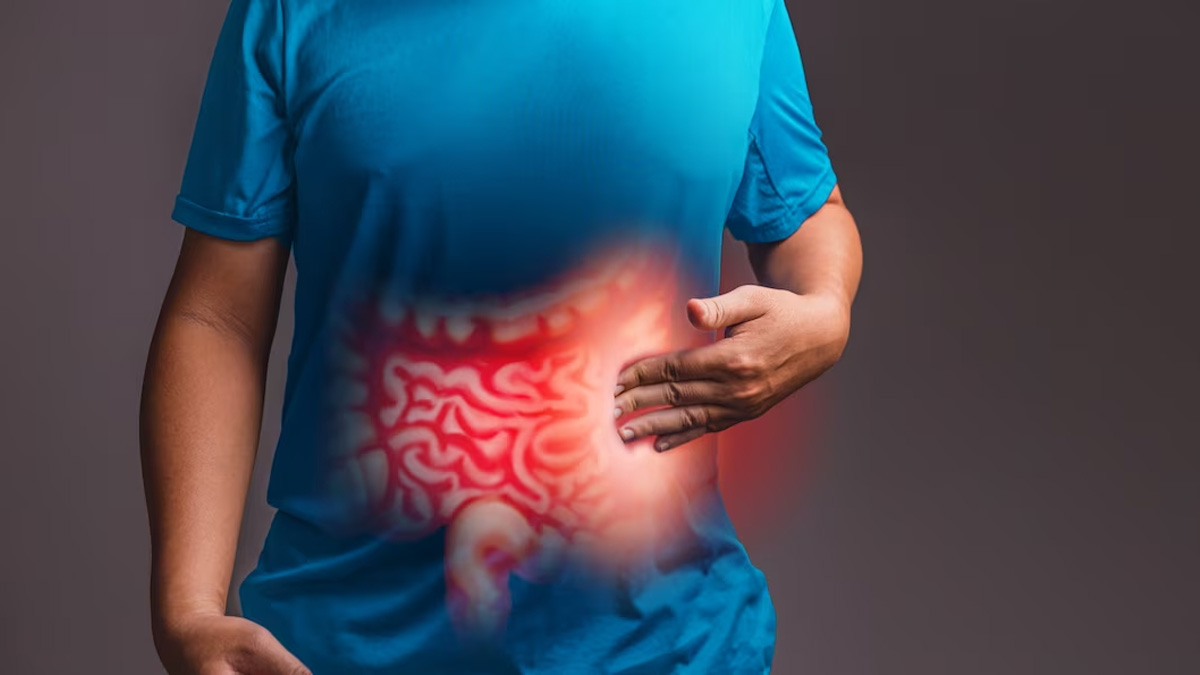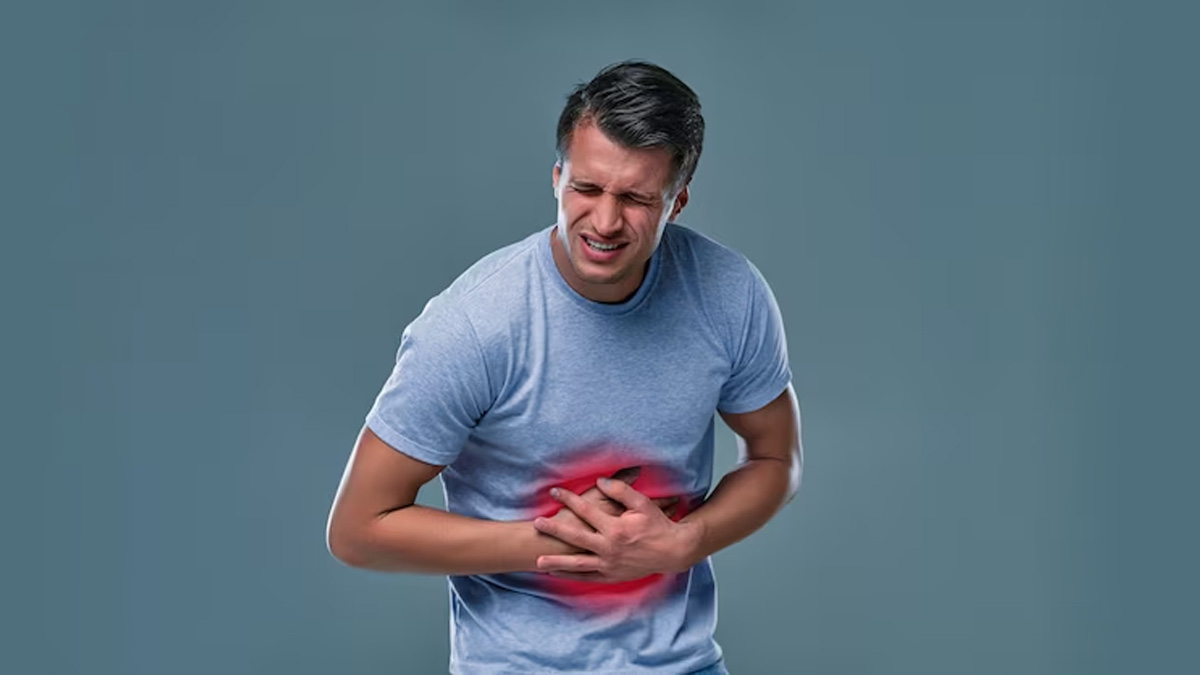
Chronic stomach pain, persisting over an extended period, can be a concerning symptom that may indicate various serious diseases or conditions. A sudden burning feeling in the stomach may not be cause for panic. However, if accompanied by other gastrointestinal symptoms such as bloating, nausea, and loss of appetite, it may indicate a stomach ulcer.
Table of Content:-
"An ulcer forms in the stomach or the first part of the small intestine, known as the duodenum. This happens when the stomach's protective mucus barrier breaks down, allowing stomach acid to damage underlying tissues. Stomach pain after eating, also known as postprandial pain, can occur for a variety of causes, including overeating, eating hot or fatty foods, food intolerances, gastritis with acid reflux, and gastrointestinal infections,” said Dr Ekta Singhwal, MSc Dietician, Ujala Cygnus Group of Hospitals.
1. Gastric Ulcers
A study published in the Journal PLOS ONE found that peptic ulcer disease affects 40 lakh people worldwide each year, with a lifetime prevalence of 5-10% in the general population.

Also read: Alleviating Stomach Pain Due To Indigestion: Here're 6 Home Remedies You Can Try
Gastric ulcers are open sores that develop on the inner lining of the stomach. Chronic stomach pain, typically described as a burning sensation in the upper abdomen, is a common symptom of gastric ulcers. Other signs may include nausea, vomiting, bloating, and unintended weight loss. If left untreated, gastric ulcers can lead to complications such as bleeding or perforation of the stomach lining.
2. Gastroesophageal Reflux Disease (GERD)
GERD is a chronic condition characterized by the reflux of stomach acid into the esophagus, leading to irritation and inflammation. Chronic stomach pain, particularly after meals or when lying down, is a hallmark symptom of GERD.
Other symptoms may include heartburn, regurgitation, difficulty swallowing, and a sour taste in the mouth. Long-term untreated GERD can lead to complications such as esophageal ulcers or Barrett's esophagus.
3. Inflammatory Bowel Disease (IBD)
Inflammatory bowel disease (IBD) comprises chronic inflammatory conditions of the gastrointestinal tract, including Crohn's disease and ulcerative colitis. Chronic stomach pain, often accompanied by diarrhea, rectal bleeding, fatigue, and unintended weight loss, is a common symptom of IBD. If left unmanaged, IBD can lead to serious complications such as bowel obstructions, perforations, or colorectal cancer.
4. Irritable Bowel Syndrome (IBS)
IBS is a functional gastrointestinal disorder characterized by chronic abdominal pain or discomfort, along with changes in bowel habits. Chronic stomach pain in IBS is often associated with bloating, gas, and either diarrhea or constipation. While IBS does not cause inflammation or permanent damage to the digestive tract, it can significantly impact quality of life and may require long-term management.

Also read: Expert Talk: Tips To Keep The Heart Healthy
5. Gallstones
Gallstones are hardened deposits that form in the gallbladder, often due to an imbalance in bile components. Chronic stomach pain, particularly in the upper right abdomen, is a common symptom of gallstones.
Pain episodes, known as gallbladder attacks, may occur after meals, especially those high in fat. Severe cases of gallstones can lead to complications such as pancreatitis or cholecystitis.
6. Celiac Disease
Celiac disease is an autoimmune disorder triggered by gluten consumption, resulting in inflammation and damage to the small intestine. Chronic stomach pain, along with diarrhea, bloating, weight loss, and fatigue, is a typical presentation of celiac disease. Long term untreated celiac disease can lead to complications such as malnutrition, osteoporosis, or intestinal cancer.
Seeking Medical Attention
If you experience chronic stomach pain or any concerning symptoms, it's essential to seek medical evaluation from a healthcare professional. Proper diagnosis and management are crucial for identifying the underlying cause of the pain and initiating appropriate treatment. Ignoring chronic stomach pain can lead to further complications and adversely affect your overall health and well-being. Prompt medical attention can help alleviate discomfort and ensure optimal digestive health.
Also watch this video
How we keep this article up to date:
We work with experts and keep a close eye on the latest in health and wellness. Whenever there is a new research or helpful information, we update our articles with accurate and useful advice.
Current Version
